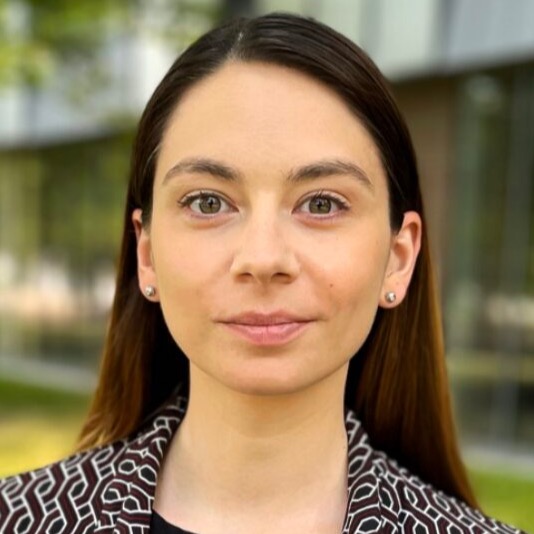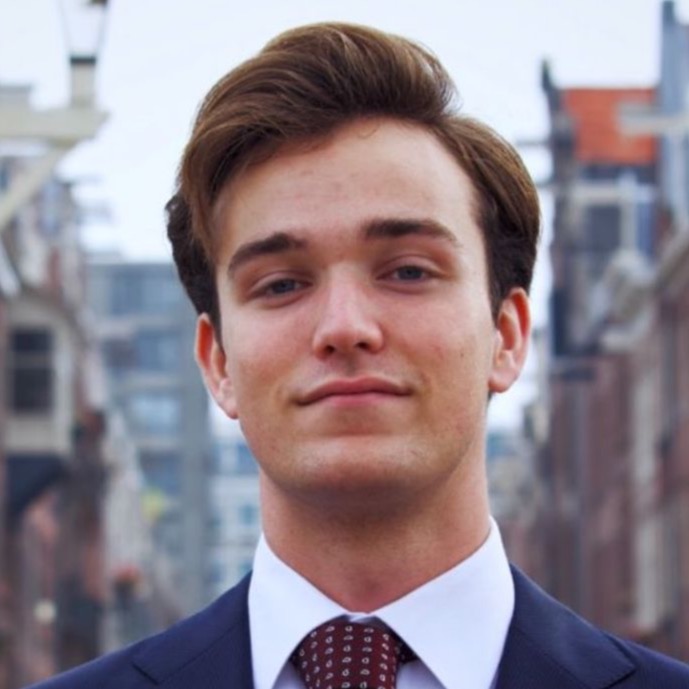About the project
European liberal democracy is at stake as the electoral success of extreme-right parties reveals how positions once seen as radical become mainstream. Extreme-right ideologies seek to overturn democratic values and practices surrounding minority rights, the separation of powers, and the rule of law; they reject equality, fosters authoritarianism, and attacks personal autonomy while legitimizing threats, harassment, and violence. Associated with xenophobia, racism, antisemitism, misogyny, transphobia, homophobia and intolerance towards out-groups more generally, extreme-right movements and parties tend to espouse ‘traditional’ gender roles while mobilizing hyper-masculine identities to celebrate gender inequality, trivialize authoritarianism, and justify anti-democratic behaviour.
MEN4DEM will systematically advance our understanding of how masculinity is constructed and mobilized by the extreme right in Europe. Guided by our intersectional theoretical, methodological and normative framework and our mixed methods approach, the program will study how extremism is legitimized on online platforms and spills over into the political mainstream. This knowledge will inform evidence-based strategies to prevent and counter political masculinities that turn against the European Union’s fundamental principles.
In co-creation with young men, our societal partners and a European network of gender justice organizations, we will develop interventions to promote models of democratic masculinity that can guide equitable political participation, representation and leadership in the European Union. Our interventions will include concrete tools for policy makers, practitioners, civil society groups and political parties to create a safer and more inclusive European political arena for all. The consortium brings together academic and civil society partners to work towards solutions in Germany, Greece, Italy, the Netherlands, Poland and Sweden, as well as in the EU as a whole.
The Men4Dem consortium is led by Dr. Liza Mügge at the University of Amsterdam

Horizon Europe | This project has received funding from the European Union’s Horizon Europe Research and Innovation Programme under grant agreement N° 101061687 | 2025–2028







